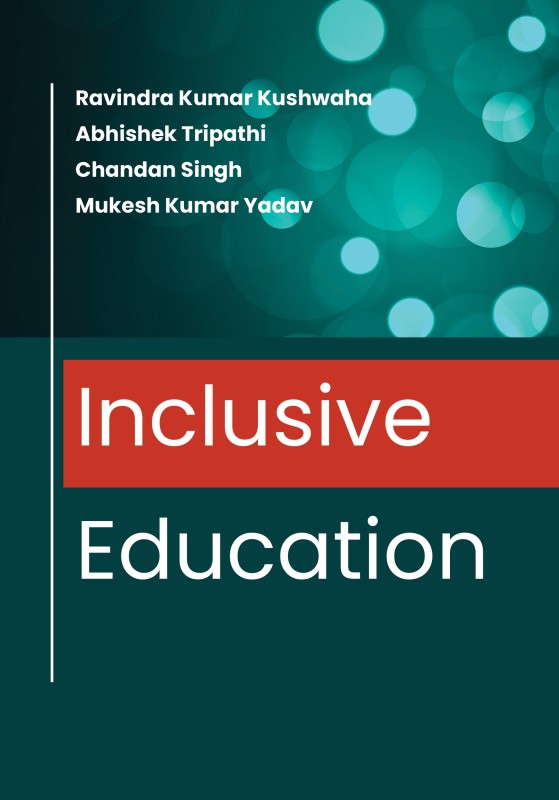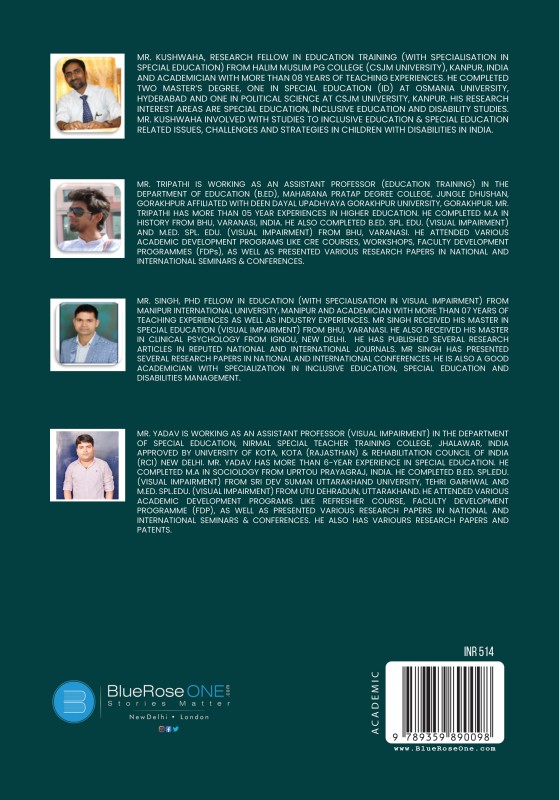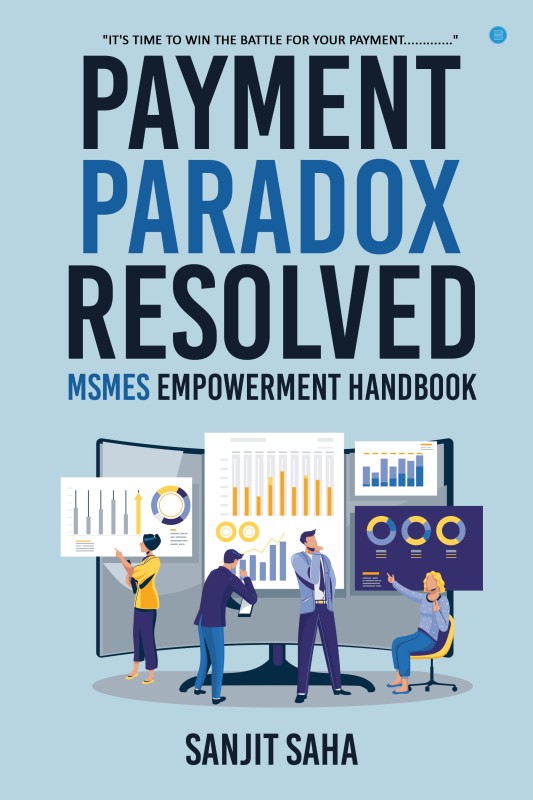Inclusive Education
by RAVINDRA KUMAR KUSHWAHA | 29-Feb-2024
(0)
Special education is a specialized approach to teaching and supporting students with diverse learning needs. It aims to provide tailored instruction and services to individuals with disabilities or exceptionalities, ensuring they have access to a ...
Original
Books
Fastest
Delivery
7-day
Replacement
Book Details
- Language : English
- Pages : 227
- ISBN : 9789359890098
- Genre: ACADEMIC
- Size : 6" x 9"
- Binding Type : HARDBOUND
- Age Group: + Years
- Paper Type : NATURAL SHADE
- Interior : BLACK & WHITE
- Cover : MATTE FINISH
- Book Type : HARDBOUND
- Tags : Inclusive Education
-
Best Sellers Rank :
#1285 in Academics
#8131 in Global
Reviews
There are no reviews for this product yet.

 USD
($)
USD
($) AUD
($)
AUD
($) CAD
($)
CAD
($) EUR
(€)
EUR
(€) HKD
($)
HKD
($) MYR
(RM)
MYR
(RM) GBP
(£)
GBP
(£) SGD
($)
SGD
($)








